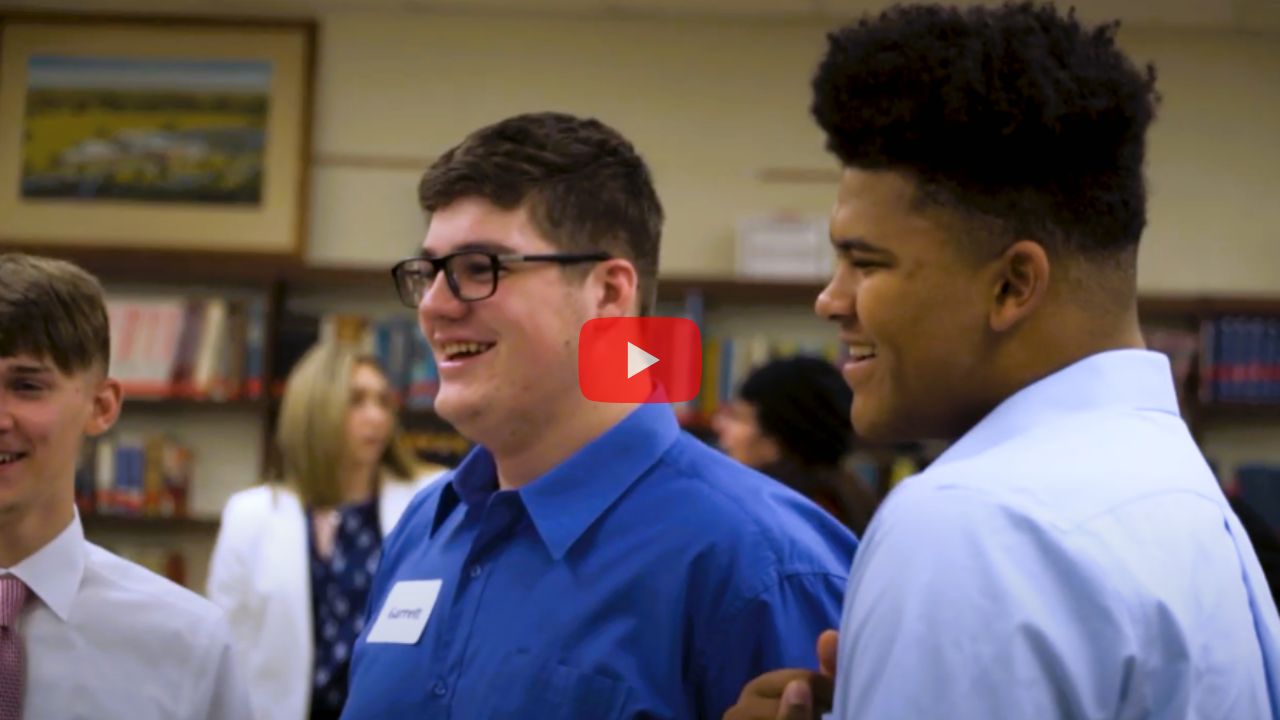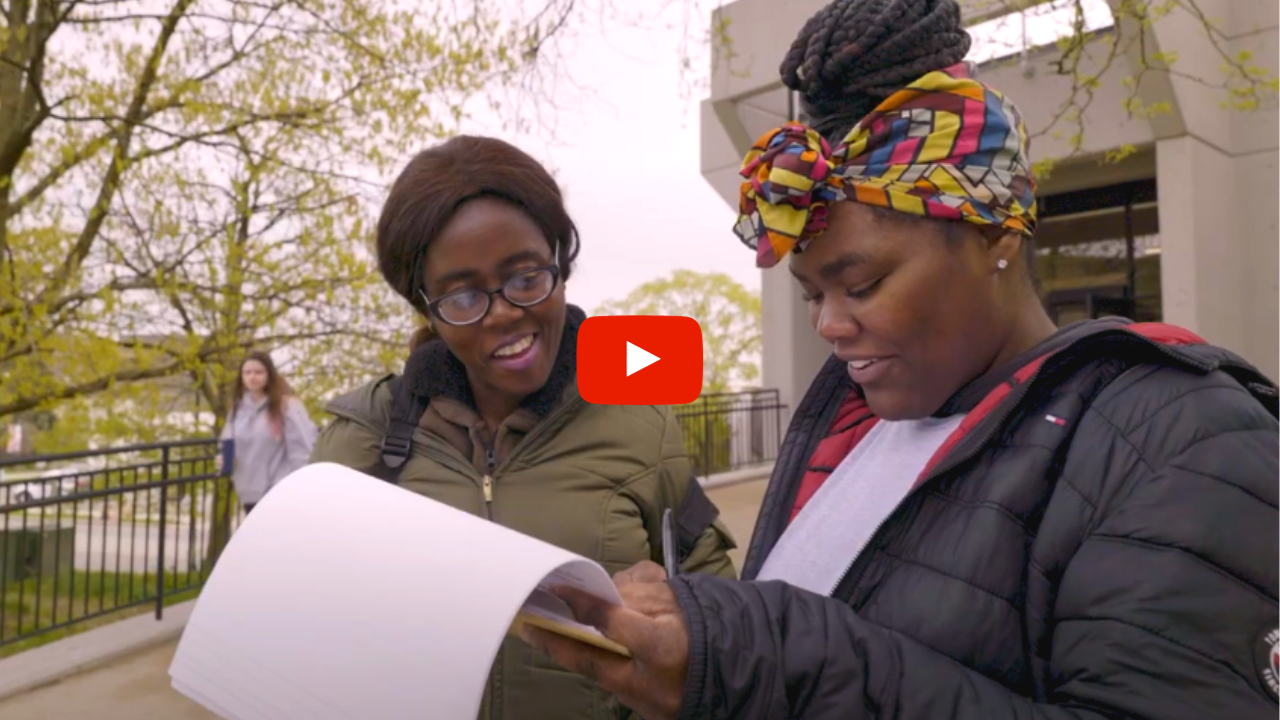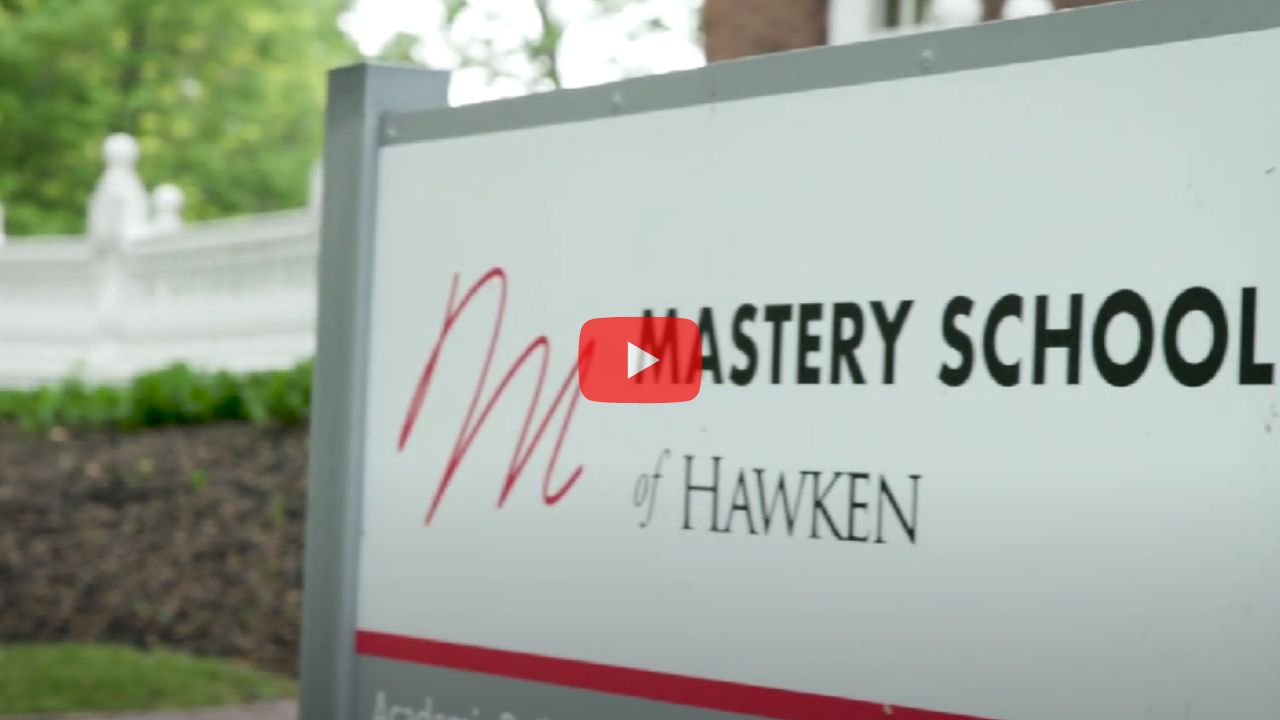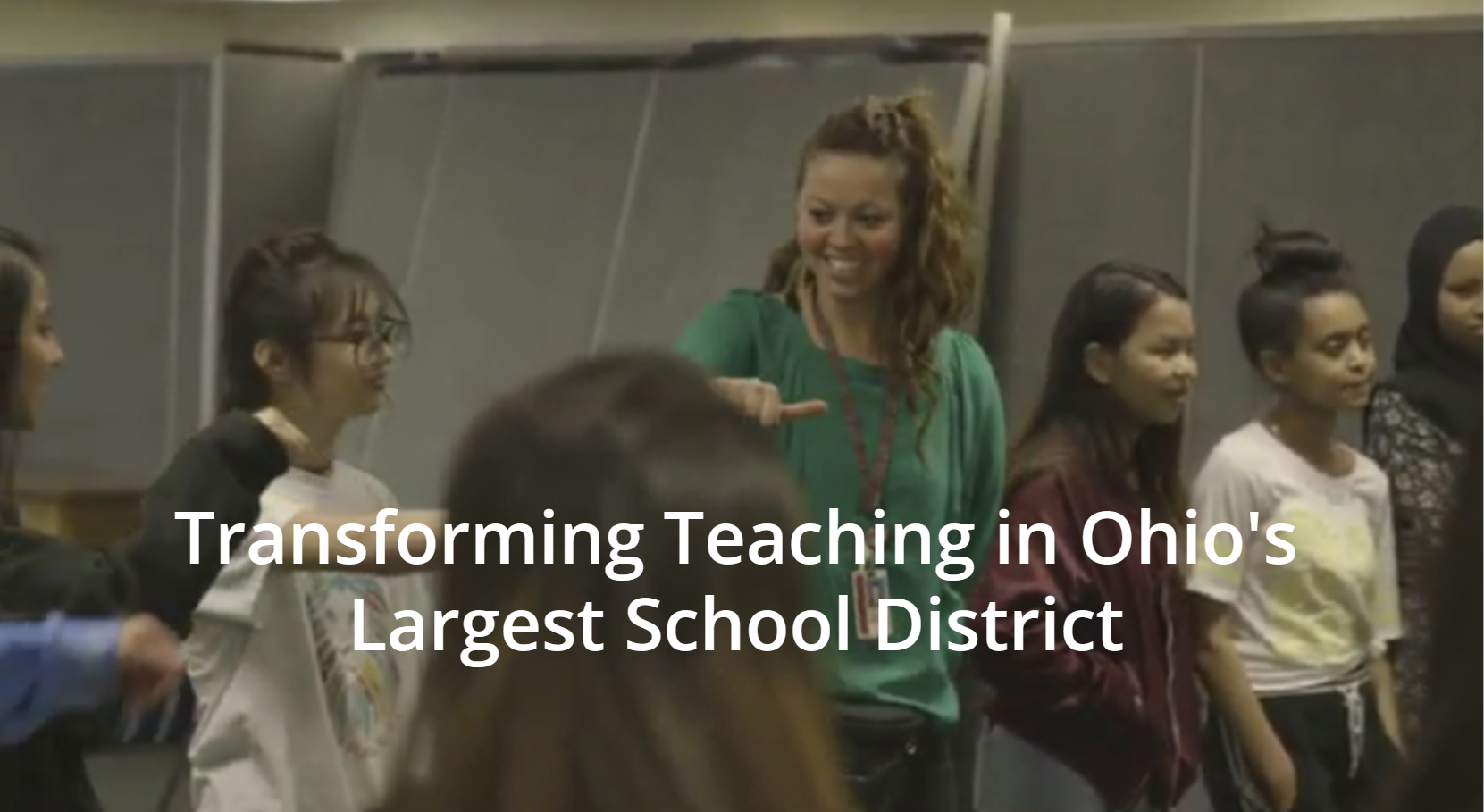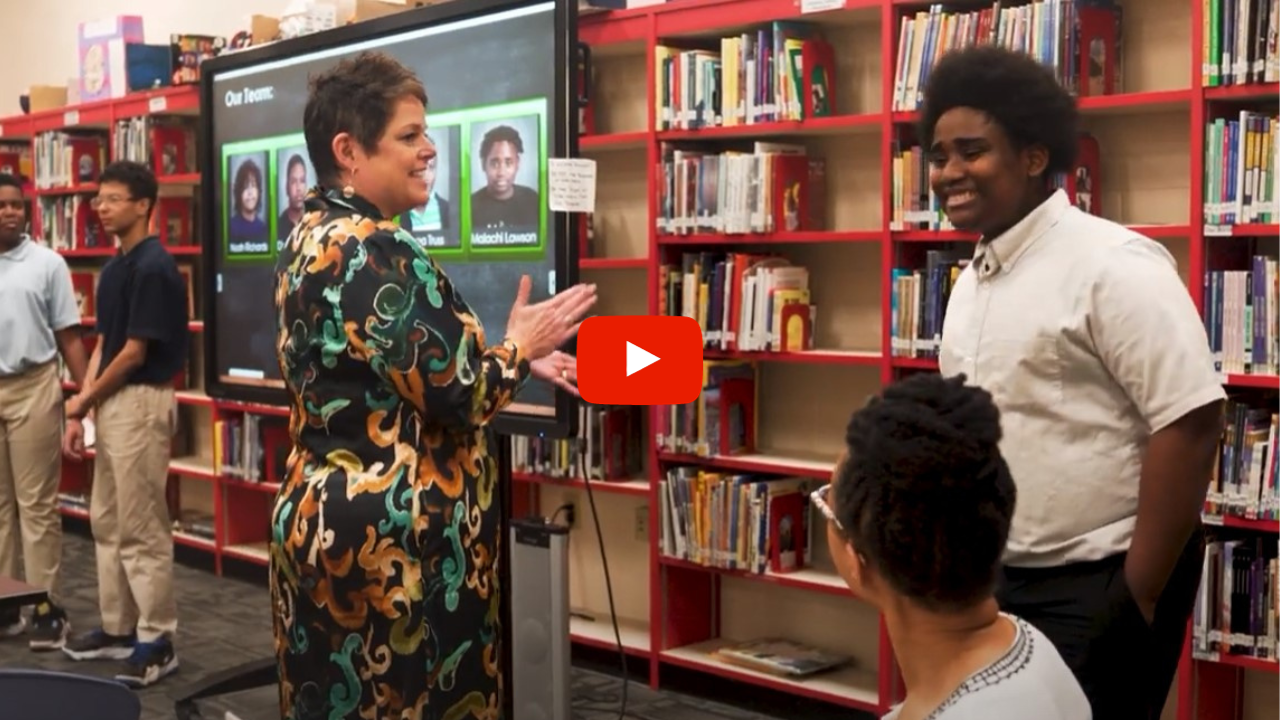In this episode, Doris explains why our current educational system doesn’t work anymore and why skills mastery matters more for today’s students than it ever has before. She discusses how her career of teaching and entrepreneurship have led her to create a new method for teaching and learning.
Alison: So Doris, why did you do this? Where did this come from?
Doris: Yeah. Gosh, this came from years and years of teaching, actually kids, but teaching math and finding ways, strategy after strategy, to get kids to learn math who hated it coming in or thought they were stupid or for whatever reason, the way we teach doesn’t work well for them.
You know, I started my career not as an educator. I was in industry. I was an engineer. Then I built products and I built businesses in the cowboy days of the software business. So I was old. I was 38 or so when I was first a math teacher standing in that high school and looking at a bunch of kids.
When I saw what I was supposed to teach and how I was supposed to teach them, I was stunned. First of all, it looked unchanged since I’d been a kid sitting in math class. It was gruesome. It was so disconnected from anything that kids could care about or find relevant. There was no context for them.
So I remember being told when I was first teaching, I said, “Okay, what do you want me to do?” They gave me the book and said, “You’re covering these chapters.” I said, “Okay.” I was at an independent school. So I didn’t have to be certified. I literally came from running a software business into being a high school math teacher and was told, “All right, so, cover these chapters.”
The advice I got was basically you set it up like this. You maybe introduce for a few minutes the topic—polynomials, shifting reflecting rules, whatever it is, trig. You introduce the topic, then give the students an assignment here. You’ll see at the end of each section, there are these problems. I always assign the evens because the answer to the odds is in the back of the book.
Then the next day at the beginning of class, you go over the homework. Then you introduce the new thing, then you give them the problems and then rinse and repeat. That’s kind of it.
So because I was the new kid on the block, I was given the class nobody wanted to teach, which was . . . this was a very high-performing, intense math/science kind of school, and this was the class for freshmen who had flunked math the year before or come from different schools with weaker programs so they didn’t have the background.
I’m facing a bunch of kids who hated math with the force of a thousand suns and were convinced they were stupid and basically weren’t thriving at all in this kind of traditional setup. I spent the next 14 years developing all these different ways of getting all these different kids to first of all understand why it mattered to learn this stuff and give it context.
Then find different ways for this weird thing called math, which is a language, to make sense and be relevant and be digestible. And for them to develop pattern recognition skills and understand that it’s actually useful for decision support and actually starting with engaging with each student about, “What is the decision that you might actually want to support with modeling?”
Anyway, I developed all these strategies. It was very successful. You experience what it is to see a 14-year old or a 16-year old or a 17-year old come in feeling completely shattered by the system and completely not only unsuccessful, but incapable. Their school is allowing them to decide early on that they are inadequate in some way. It’s an amazing thing when you see how truly every kid can learn and it’s about engaging their interests and their imagination and having them trust and what they’re capable of.
So when I came to Hawken, I came because I had spent 14 years as a math teacher. I really wanted to find a way to do school better. I just think the system is so broken. I’m so glad now that it generally felt that school is broken. That wasn’t the case not so long ago. So when I started here, I’d been here maybe a month. I was Associate Head. I still am.
I’d been here about a month when Scott, who’s the Head of the school, said, “Hey, we just bought a building down in University Circle. We want to do some experiential classes down there and it’s pretty much empty. With your background, do you want to create an entrepreneurial studies course?” I thought, “Bingo, I’d love to.”
I said it’s not because I’m particularly passionate about teaching business to high school kids, not that that’s a bad thing, but it’s not my passion. But I wanted to create a class where students learn entirely by working on real problems and build something that is a very different model. So all the stuff that I did and developed and learned in my 14 years of teaching math I’ve put into this thing.
Alison: It’s amazing to see your trajectory through this space and that you’re now working with a school that’s allowed you to develop something that you are passionate about.
Doris: Yeah.
Alison: Can you speak a bit more about that transition from working as an engineer into the education space and starting to pursue a passion in that world?
Doris: Yeah, in education? Yeah. It’s interesting the way you worded that because I think they are so connected. So one of the things that was really crazy exciting about those cowboy days of the software and high tech industry is that it was so unformed. It was the most incredible space for creativity. It really was because it was brand new. Everything was brand new.
So when I was in that world, it was filled with mostly engineers and a lot of tech talk. This was before we had our iPhones. It was before even the Apple computer was the big deal.
I learned so much in those years about how to . . . It’s funny. I always define entrepreneurship as turning ideas into successful realities. I kind of learned a lot about that. So when I came in to teaching at the school and I knew the skills and processes that were so important and powerful in industry and out in the world and I came into school and I saw these amazingly wonderful, talented, eager kids being force-fed stuff to memorize and spit back.
I really felt so strongly that really it’s the skill part that they most need. Of course you need the knowledge and you need the content and there’s a lot of hard stuff to learn.
But understanding how you learn and having that be part of the process of education and learning what it means to work well with others and how to setup a process that you by yourself are going to do. Learning how to solve a problem that doesn’t look exactly like what they had as an example in a chapter of the book. Those are the things that we just don’t do well at school. All those things were connected. Does that answer . . .?
Alison: Sure. I think there is a lot of truth in that story about who you are and your desire to really build and fix systems, create new systems for where areas might be broken or needing improvement. I’m curious if you have any specific education philosophy that you follow or any predecessors that you had read that really influenced how you’ve gone into building your education.
Doris: Well, it’s funny because I taught and sort of figured it out as I went kind of thing for a long time. I actually think that a lot of the way I approach teaching and learning a curriculum was possibly helped by the fact that I didn’t have an education degree and I came in . . . I didn’t come in with an indoctrination into, “These are the things thou must do,” not that there’s anything wrong with those things. They are all things that come from years of great practice and learning.
But I just developed these philosophies and principles over the course of teaching for years. It was really interesting when you asked about who I read. After teaching for 14 years I did a graduate program and I actually read John Dewey and I read some of the great educational philosophers.
I’m not an emotional person. I’m not embarrassed to say when I first read John Dewey after 14 years of teaching and I read what this man wrote in like 1913 or 1915, I got really emotional because he so eloquently and with great wisdom, said what I had discovered on my own.
It’s really down to some of these things that a teacher’s job starts with engaging the individual interest of each student. You don’t create the interest. You don’t need to use trickery to motivate a student to learn some things. People—humans are intrinsically interested. It’s about engaging their particular interest and guiding, creating a path that will guide them as they’re driven by their interest through the kinds of learning that will then result in their having grown in some really important ways.
He worded it much better than I’m wording it, but I believe that when I walk in to a math class with a 16-year old Jeremy who’s looking at me and saying, “Why do I have to learn this stuff?” That’s the first most important essential you cannot skip that. That is it. You start everything with, “Why does this matter? Why does this matter to me, Jeremy, to me Alison, to me, Tim, to me Lindsey? Why?” And if you skip over that and we’ve ignored that largely in school.
Alison: Sure.
Doris: If you do that the rest will come. So when people talk about . . . there are all these edu-jargon terms. It’s really hard to talk about these things without using them. So when people say “I believe that learning needs to be student-driven.”
Alison: Student-centered.
Doris: Student-centered. What does that mean? Well, for me what it means is what I just said. Every student, you have to take the care to make sure that every student first understands why what they’re about to do matters, afterwards and frequently. And you see that in the way our program works. There’s constant reflection, “Why did we do that? Why are we about to do this? Why does this matter? Why did we do that?” and having them answer that question.
Why does it matter to you that we’re about to do this. Having Alison answer that question. I can’t answer for Alison. Alison needs to answer for Alison. Then after Alison’s done whatever we’ve done, saying, “Alison, why did it matter that you did that?”
That’s such a simple thing, but you see it’s constant in our program in our classes. The reason is that more than anything else guides every student and makes . . . when I say that students work harder, they assign themselves more work than I would ever assign them or you would ever assign them, it’s because once they care, once it’s relevant, the rest will come.
One of the things that has changed so much is because of technology, starting very, very young, people today know the difference between things that matter and things that don’t. So when I was a kid in school and I was having Mrs. Smith teaching me about the Treaty of Versailles and I had to learn these names and these dates and I had to spit them back next Friday on the test, if I thought to myself, “I’m not sure why this is important,” or if even articulated it, like, “Mrs. Smith . . .” I never would have asked because it would have been impudent.
But if I said, “Hey, Mrs. Smith, why is it important for me to memorize the dates and names associated with the Treaty of Versailles?” Mrs. Smith would have given me an answer that I would have trusted, “Yes, that makes sense. I believe it matters.” I never would have asked her. I just assumed that it must be important for me one day to know this. I will dutifully . . . I was a good girl.
I didn’t have what students today have. Students today sit in that same classroom with Mrs. Smith saying, “I want you to memorize the dates and names associated with the Treaty of Versailles for the test next week.” They’re looking at her and they know that this will never matter in their lives. The rest, when they’re outside of that classroom, they are confronted all the time with what’s going on in the world, with who’s making stuff happen in the world and how. They know it’s not really relevant or meaningful that they learn those particular things.
Alison: That makes perfect sense. I even reflect back on my education experience and to imagine having the opportunity for that self-reflection to engage in a way that helps me see the value in the learning, really be active in the learning process. I think that’s an opportunity that’s not given to many students. I’m curious for you how that has really drawn you deeper into this work?
Doris: Sure. When I was teaching math, I worked every single day to find a way to make it relevant and meaningful to every single student. This whole project-based using real problems, etc., we talked about how we’re using real problems and in entrepreneurship, people can see how we’re doing it. I did the same thing every single day in teaching math, every single day.
I came up with a real, sometimes it was really crazily hard and I’m sure my answers were so bizarre because trying to tell a 15-year-old why learning sine matters—I did it every single day. When I’m in class, when I’m starting something new, when I’m working one-on-one with a kid, trying to find something real where it would matter that they learned that.
You don’t have to be teaching entrepreneurship. It doesn’t matter what you’re teaching. I’ve been working a lot with our humanities department. They can teach ancient China using some way to use real world problems to make the learning meaningful and relevant to students.
There are many other things that I believe, but the other one that’s sort of at the same level as making sure of the relevance and meaning, I actually believe that every child can learn, every person can learn. I actually truly believe that. That isn’t something I decided to believe. I really, really believe it. I believe it. I’ve taught hundreds and hundreds and hundreds of students and I’ve never found an exception. That’s the other biggie.
Alison: I think that’s powerful. It’s powerful how passionate you are about this. You can feel that from you and I think it’s important the work that’s being done. It’s exciting. You’ve had the opportunity here to explore that and build a program that’s continuing to show what’s possible for students out there. Congratulations on that. I’m looking forward to learning more from you.


